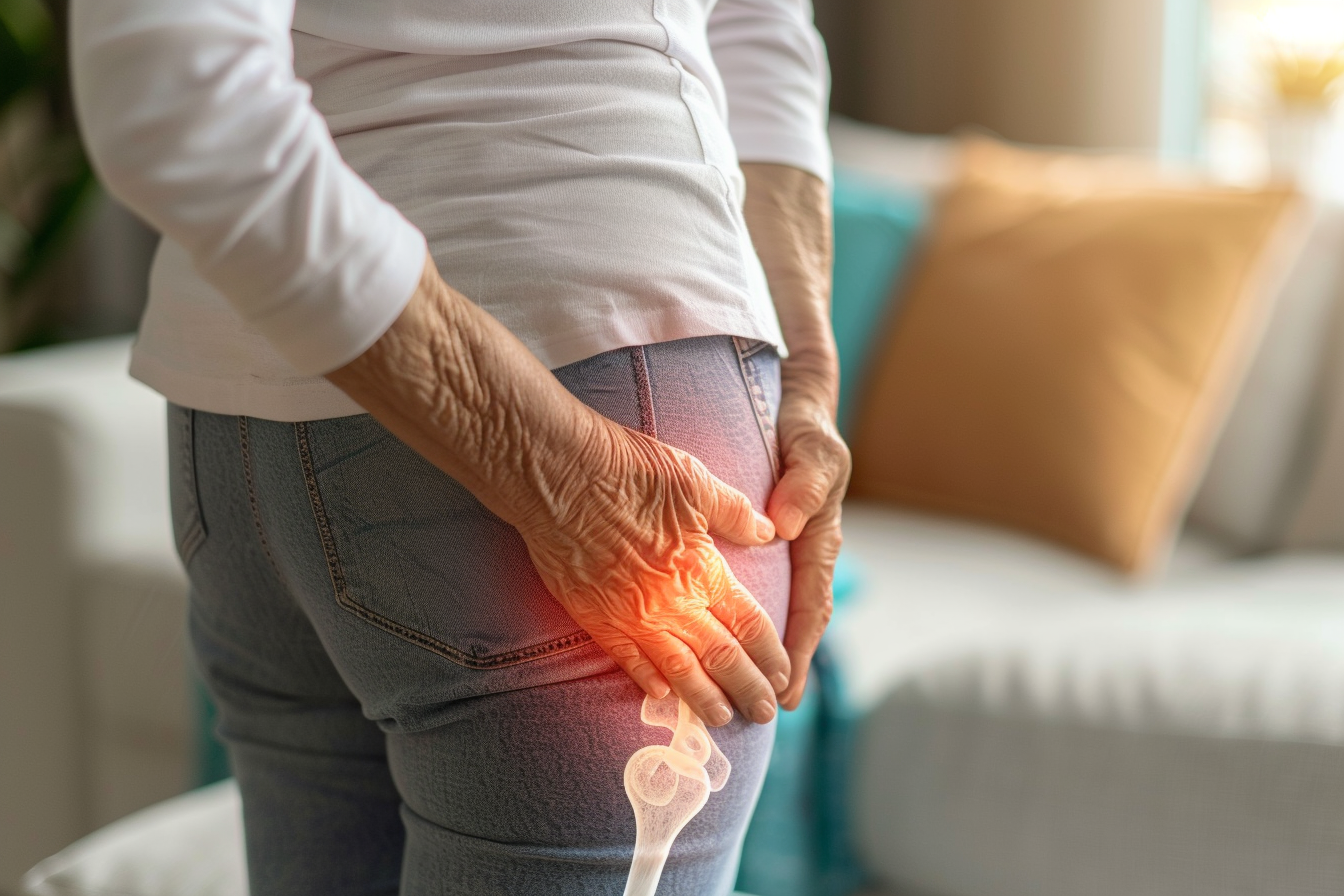Understanding Heavy Metal Detox for Seniors: A Comprehensive Guide
Heavy metal detox for seniors focuses on reducing the buildup of metals like lead, mercury, and cadmium that can affect health over time. Approaches may include dietary changes, supplements, and medical guidance to support safe elimination, improve organ function, and promote overall well-being.

What Are Heavy Metal Detox Supplements for Seniors?
Heavy metal detox supplements designed for seniors typically contain natural binding agents that help mobilize and eliminate toxic metals from the body. Common ingredients include modified citrus pectin, chlorella, spirulina, cilantro, and various minerals that can help displace toxic metals. These supplements are formulated with consideration for older adults’ metabolism and potential medication interactions. The most effective supplements for seniors often include supporting nutrients that protect organs during the detoxification process, particularly the kidneys and liver, which naturally decline in function with age. Additionally, many senior-specific formulations contain lower doses or gentler ingredients to reduce the risk of detoxification symptoms that might be particularly challenging for older adults.
Safe Heavy Metal Detox Methods for Seniors
Safety must be the primary consideration when approaching heavy metal detoxification for seniors. Medical supervision is essential, as aggressive detoxification protocols can potentially cause harm by mobilizing toxins too quickly or interfering with medications. Safe methods include gradual approaches that start with improving elimination pathways before introducing binding agents. Seniors should begin with increased hydration, improved bowel function, and lymphatic support through gentle exercise like walking or swimming. Testing is also crucial—proper laboratory assessments can identify specific metal burdens and guide appropriate interventions rather than engaging in unnecessary protocols. Healthcare providers familiar with environmental medicine can provide personalized guidance on safe detoxification rates and monitor for potential complications throughout the process.
How to Evaluate Heavy Metal Detox Supplements for Safety
When selecting detox supplements, seniors should prioritize products that have undergone third-party testing for purity and potency. Many supplements on the market may contain ineffective doses or potentially harmful contaminants. Look for supplements that disclose their manufacturing standards and avoid those making extreme claims about rapid detoxification. The ideal supplement provides transparent information about ingredient sourcing and clear directions for gradual implementation. Seniors should also carefully review potential interactions with their current medications—some binding agents can affect the absorption of essential medications or nutrients. Products specifically formulated for gentle, gradual detoxification are generally preferable to those marketed for quick results, which may provoke uncomfortable detoxification reactions in sensitive individuals.
Diet and Lifestyle Tips for Heavy Metal Detox in Seniors
Dietary approaches form the foundation of any safe detoxification program for seniors. Foods rich in sulfur compounds—such as garlic, onions, and cruciferous vegetables—support the body’s natural detoxification pathways. Adequate protein intake is essential to maintain glutathione levels, a critical antioxidant involved in detoxification. Seniors should emphasize organic produce when possible to minimize additional chemical exposure during the detoxification period. Fiber-rich foods help bind toxins in the digestive tract and facilitate elimination. Beyond diet, gentle movement promotes circulation and lymphatic flow, supporting the natural removal of toxins. Adequate hydration, quality sleep, and stress management techniques further enhance the body’s detoxification capacity, creating a holistic approach that’s both effective and gentle for aging bodies.
Common Detoxification Challenges Unique to Seniors
Seniors face distinct challenges during detoxification processes that younger adults may not experience. Age-related decreases in kidney and liver function can slow the elimination of toxins, potentially increasing the risk of reabsorption or detoxification reactions. Medication use common among seniors may complicate detoxification, as some binding agents can interact with pharmaceuticals. Additionally, older adults may have accumulated higher levels of certain metals over decades, particularly those who worked in industrial settings before modern safety standards were implemented. Seniors with compromised digestion may struggle with absorbing supportive nutrients or eliminating bound toxins effectively. Healthcare providers must carefully balance these factors when designing detoxification protocols, often extending the timeline to allow for gentler, more gradual progress that accommodates these physiological limitations.
Heavy Metal Detox Product Options for Seniors
When selecting heavy metal detoxification products, seniors have multiple options with varying approaches and price points. The table below provides an overview of common detoxification products suitable for seniors.
| Product Type | Example Products | Key Ingredients | Approximate Cost Range | Special Considerations |
|---|---|---|---|---|
| Binding Supplements | Pure Encapsulations - Heavy Metal Detox | Modified citrus pectin, chlorella | $30-60 per month | Gentle binding, minimal side effects |
| Mineral Supplements | Quicksilver Scientific IMD | Thiol-functionalized silica | $70-90 per month | Specialized for mercury detox |
| Comprehensive Formulas | Researched Nutritionals - CytoDetox | Clinoptilolite zeolite | $100-150 per month | Designed for cellular penetration |
| Natural Food-Based | Chlorella or Spirulina Supplements | Whole algae | $15-40 per month | May require higher doses for effectiveness |
| Herbal Detox | Herb Pharm - Heavy Metal Detox | Cilantro, Oregon grape root | $25-45 per month | Supportive rather than primary intervention |
Prices, rates, or cost estimates mentioned in this article are based on the latest available information but may change over time. Independent research is advised before making financial decisions.
Heavy metal detoxification for seniors requires a thoughtful, measured approach that balances effectiveness with safety. The most successful protocols typically combine dietary modifications, appropriate supplementation, lifestyle adjustments, and proper medical oversight. Seniors should approach detoxification as a gradual process rather than a quick fix, allowing their bodies time to adjust and respond to interventions. With proper guidance and a comprehensive approach that addresses the unique physiological needs of older adults, heavy metal detoxification can potentially contribute to improved well-being and quality of life in the senior years.
This article is for informational purposes only and should not be considered medical advice. Please consult a qualified healthcare professional for personalized guidance and treatment.




